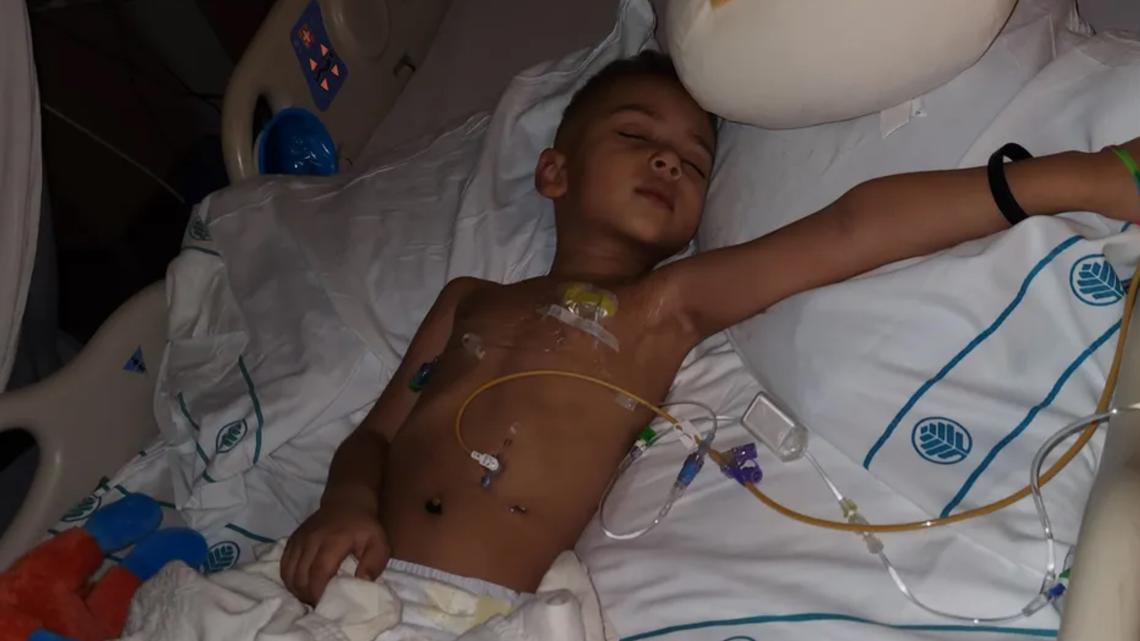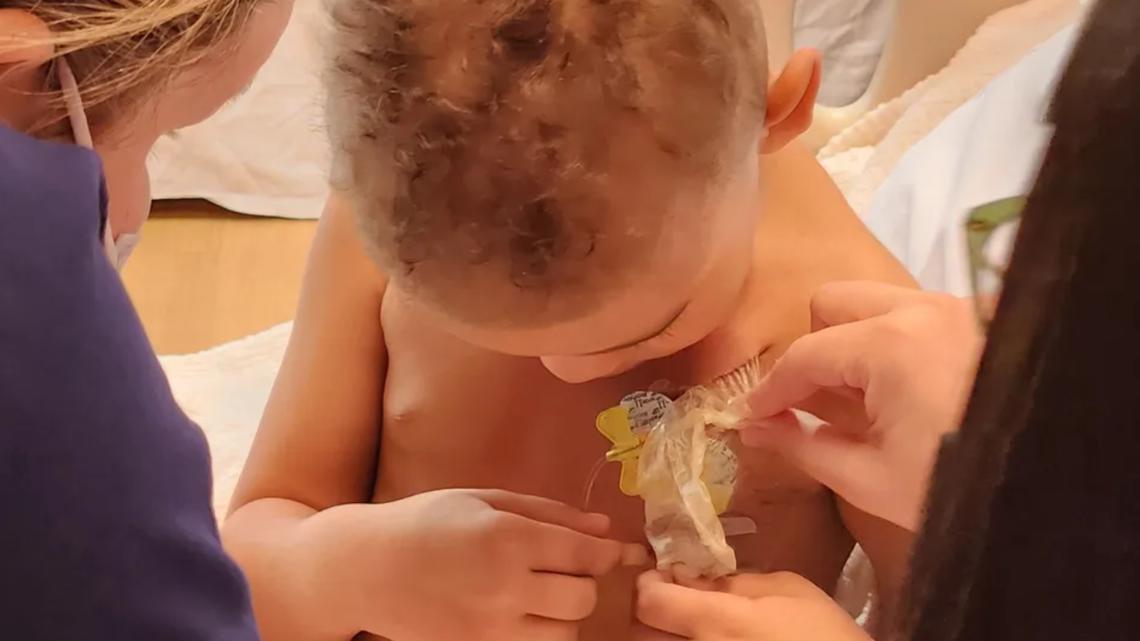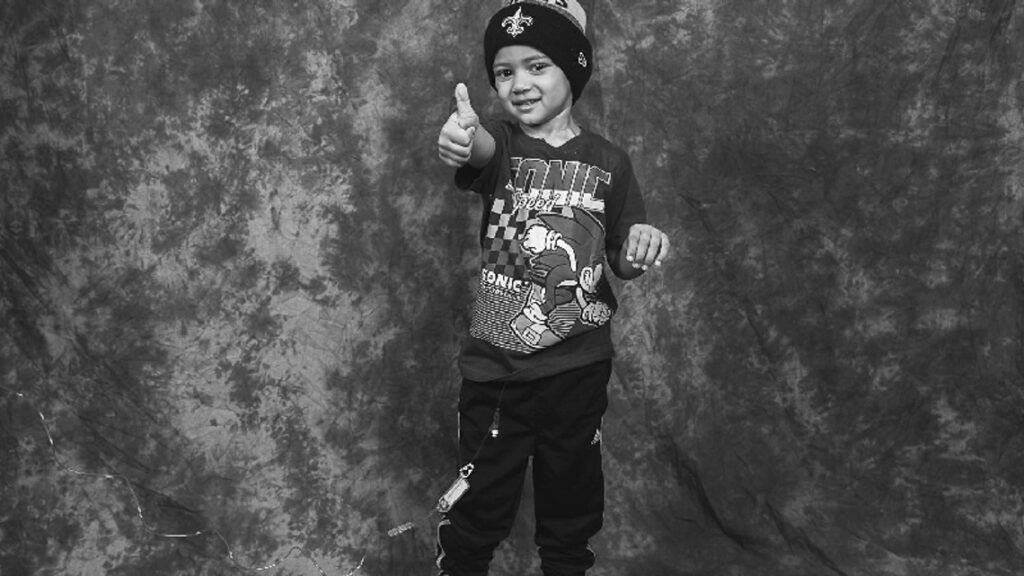Austin’s fight is one that happens as top doctors and researchers meet discuss new ways to fight neuroblastoma.
CHESTER COUNTY, S.C. — This week, doctors, researchers, and parents from across the globe gathered in Washington for ANR 2025 to confront one of the most aggressive childhood cancers: neuroblastoma.
For Chester County, South Carolina mom Briana Peeler, the fight is personal. Her 4-year-old son, Austin, is in the middle of treatment for high-risk neuroblastoma – a rare and deadly cancer primarily affecting children under 5 years old.
“I laid him down and was kind of pressing on his belly, and he was saying his side,” Peeler recalled. “Something in me, some people say mother’s instinct, God, or whatever you want to call it, was like – just take him to go be seen.”
Days later, Austin was in surgery. Doctors removed his kidney, adrenal glands, and surrounding lymph nodes. Soon after, scans revealed that the cancer had spread.


“Of course, when you find out, you’re just in a state of shock. I would catch myself just crying on the edge of the bed, and he was like, ‘you have to be brave, you told me to be brave,’” Peeler shared.
Dr. Jacqueline Kravecka, a pediatric hematologist-oncologist at the Medical University of South Carolina (MUSC), said neuroblastoma is the most common solid tumor found outside the brain in children, and among the deadliest.
“It accounts for about 50% of childhood cancer deaths. For those with high-risk disease, the cure rate is under 60%, and treatment is very, very aggressive,” Kravecka explained.
800 children in the U.S. — and over 5,600 worldwide — are diagnosed annually. Children over 18 months often face more aggressive forms of the disease.


During the conference, Dr. Kravecka and other global experts met to explore new and less toxic treatment options like reducing radiation exposure, eliminating stem cell transplantation, and adding immunotherapy earlier in treatment.
“We’re trying to improve outcomes while avoiding long-term side effects like hearing loss and stunted growth. We need every child to be a long-term survivor, without suffering from lifelong complications,” Dr. Kravecka shared.
While survival rates for high-risk patients have risen from less than 20% to just over 50%, doctors say the fight is far from over.
Austin is now undergoing chemotherapy, and his family has launched a GoFundMe to help cover the costs of his treatment.
Contact Anna King at [email protected] and follow her on Facebook, X, and Instagram.
For the latest breaking news, weather and traffic alerts that impact you from WCNC Charlotte, download the WCNC Charlotte mobile app and enable push notifications.


